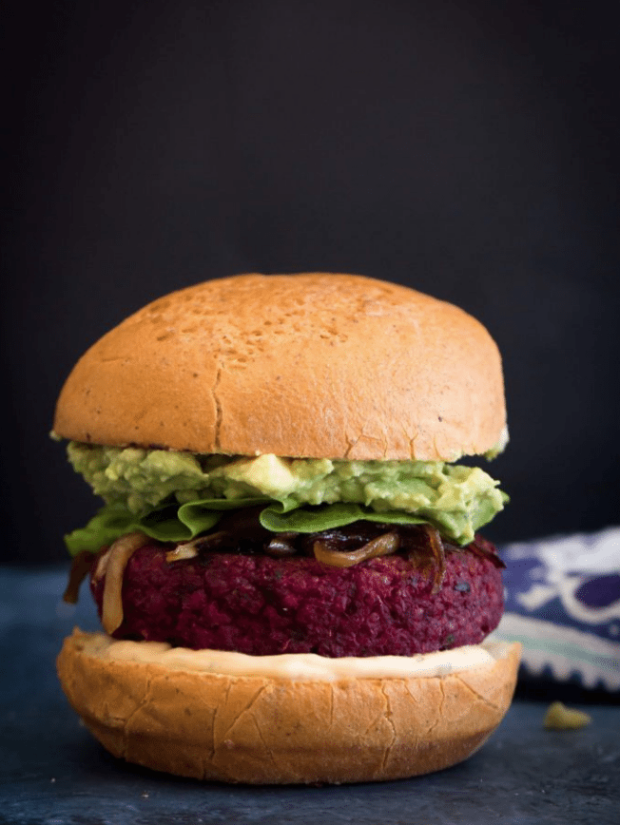Embracing a plant-based diet can completely change your life.
It’s a lifestyle choice that focuses on eating mainly foods from plants like fruits, veggies, nuts, seeds, oils, whole grains, legumes, and beans. Being plant-based doesn’t mean you can’t have meat or dairy at all, it just means you’re choosing to have more foods from plants. Making this transition might seem overwhelming, but with some careful planning and a willingness to try new things, it can be a fulfilling and sustainable journey. Here’s how to go plant-based and never look back.
Taking It Slow

To start your plant-based diet, take it slow. Changing your eating habits doesn’t happen overnight. Begin by adding more fruits, veggies, whole grains, and legumes to your meals while gradually cutting back on meat and dairy. It can be as simple as having meatless Mondays, swapping cow’s milk for plant-based alternatives, or making veggies the star of your plate.
The Meat and Potatoes

Next, get to know plant-based proteins. Protein is important for our bodies, so it’s essential to make sure you’re getting enough when you’re moving away from animal-based sources. Legumes like lentils, chickpeas, and black beans are great sources of protein. Tofu, tempeh, and seitan can be used as substitutes for meat, and quinoa, hemp seeds, and chia seeds can boost the protein content of your meals.
The Fun Part
As you embark on this journey, make it fun and adventurous. Some people think that plant-based diets are boring or restrictive, but that’s not true at all. There are thousands of delicious plant-based recipes available online that cater to all kinds of taste preferences. Experiment with different recipes, ingredients, and flavors to keep your taste buds interested and your meals colorful and diverse.
Staying Up to Date

Education is key during this transition. Learn about the nutritional value of different plant foods to make sure you’re maintaining a balanced diet. Books, documentaries, and reliable online sources can provide a wealth of information. You might also want to consider consulting a registered dietitian or nutritionist who can give you personalized advice based on your health goals and nutritional needs.
Block Out the Noise
Lastly, be prepared for resistance and criticism from people who might not understand your choice. Arm yourself with knowledge about the benefits of a plant-based diet so you can confidently explain why you made this lifestyle change. Remember, everyone is on their own health journey, and it’s okay to stick to your choices even if they’re not widely understood or accepted.
In conclusion, transitioning to a plant-based diet is a personal and rewarding journey that brings numerous health benefits and contributes to a sustainable environment. By taking it slow, incorporating plant-based proteins, exploring diverse recipes, educating yourself, and confidently dealing with critics, you can smoothly transition to a plant-based lifestyle and never look back. It’s a journey of self-discovery and wellness, and every small step gets you closer to a healthier and more sustainable way of living.

